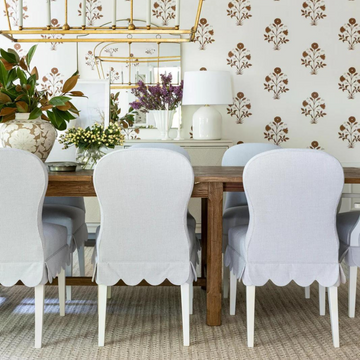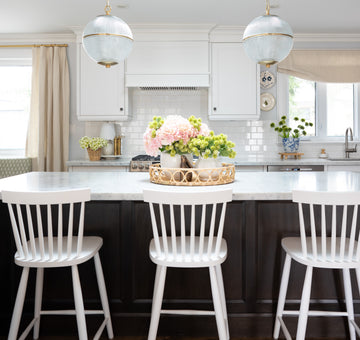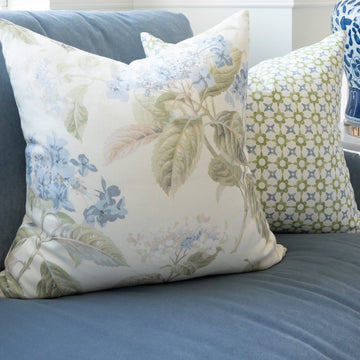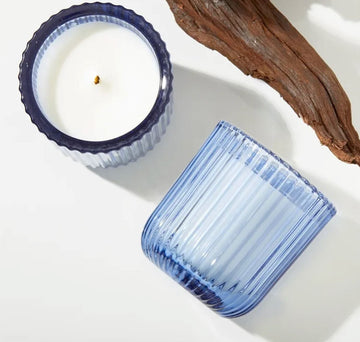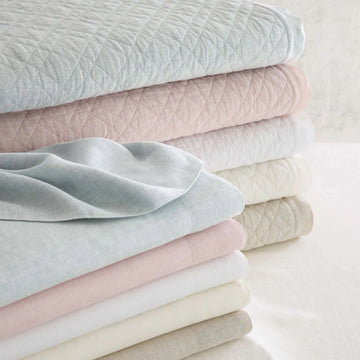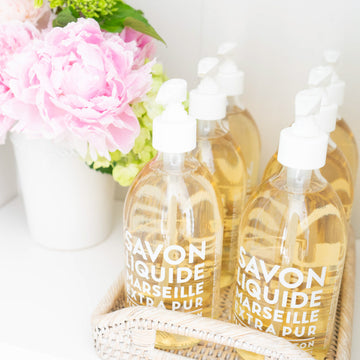Helpful Hacks for Choosing the Perfect Rug
There was a time when I thought I had found the perfect rug at a discount store. I had the moment - that most of us have had - where I was so excited with my find that I didn't want to walk away from it for fear that some other design-savvy person would discover my diamond in the rough. It had a large-scale grey/white/green pattern and was 4'x6' in size.
Fast forward an hour to when I got home and hauled my coveted rug up to my condo, laid it out on the office floor, and stood back to relish in my incredible eye for thrifty finds. *Spoiler Alert* This is where things went south. For one, I realized that the fresh green colour that I loved in the store was actually yellow when out from under the florescent lights, and two, it looked like a postage stamp on the floor – wayyyy too small for the space. Of course it was on sale and not returnable, so it was soon after donated to another home where it continues to live a good life in a beautiful space.
What did I learn through this event? There are some guiding principles to loosely follow when choosing a rug. I've outlined some of my learnings over the years in hopes that you will avoid the rug-burn blunder described above and not feel indecisive when making this decision.
How do I know what size to choose?
A few general principles to consider:
- In a living/family room – make sure that all front legs of the furniture are on the rug. Try to have at least 6" to 8" of rug on either side of the furniture.
- In a dining room – make sure the rug is large enough so that you can comfortably scoot your chairs in and out from the table without getting caught on the rug – approximately 2 feet from the table all the way around.
- In a bedroom – make sure the rug is large enough so that when getting out of bed, you place your feet on the rug and not on the cold floor. If needed, you can always place the rug horizontally to achieve this.
When should I choose a rug in the design process?
Ideally, this should be one of the foundational pieces you choose so that you can use it as an "anchor" to help select the rest of the pieces in your room (I.e. sofa, fabric, window treatments, etc).
In reality, we are often changing things on the fly. If that's the case, look at your room and determine if a more neutral palette would work best for you. A neutral will make it easy to slide it into your existing space and add flexibility to change things up when you want to. If you are choosing a rug with a large scale pattern, you may want to balance your bold choice with some smaller scale patterns and neutrals in your furniture and pillows.
What material should I use?
Now this very much depends on what's right for you. Generally, flat weave/low pile rugs will reduce the look of wear and are often more practical when it comes to vacuuming or spot cleaning. We recommend choosing a natural material – wool, cotton or jute. Why?
- Wool rugs are often hand-woven and will last for decades.
- Synthetic rugs are less expensive, but tend to be shiny if made from 100% synthetic material and lack long-lasting quality.
I love the look of layered rugs - how do I do it right?
Layering rugs is a great way to add depth and texture to a space. Choose a neutral base and layer a textured or patterned rug on top. We recommend that the top rug is 2/3 the size of the bottom rug.
Do I need a rug under-pad?
Yes, yes you do. It will help keep your rug in good condition, will make for a more comfortable feel under your toes and will prevent slippage, which is dangerous (and very annoying)!
I've had some wine, should I go rug shopping?
Not recommended, but it has been done successfully. It started with an evening stroll before dinner while on vacation in Athens, Greece with my husband 3 years ago. We stumbled upon this amazing rug store that was a treasure trove of gorgeous textiles and made my heart beat fast. Upon entering the store, the owner provided us with wine to welcome us, which we gladly accepted (we were on vacation after all). Fast forward an hour and we were writing our initials on the back of 2 rugs, so that when they showed up at our house in Toronto 3 weeks later, there would be no questioning which ones we chose. Perhaps it was the Grecian air (aka. wine) or the lessons I've learned along the way, but we ended up choosing two classic pieces that will continue to live in our home for a very long time.
I hope the tips and cautionary tale will set you on the right path. You can do it! Feel free to add your own tips, or ask a question in the comment section below.

Andrea
